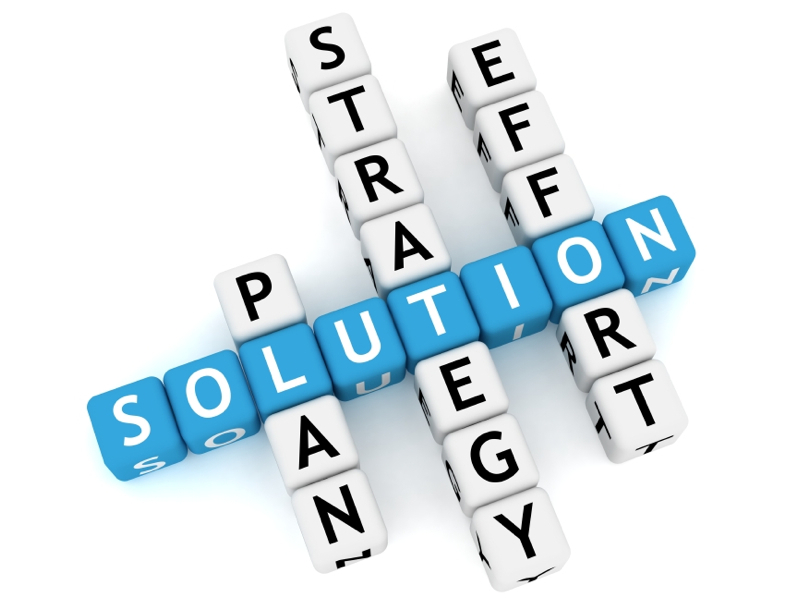
This Week in Public Diplomacy Feb 11
Twitter Devolutions
Marc Lynch / Foreign Policy
Egyptian activists may rage at the notion that the revolution was driven by technology rather than by their determined efforts, but there’s a good case to be made that social media did matter — at least a bit — in shaping the uprisings across the Arab world. But the celebratory narrative about social media needs to be tempered by the reality of the struggles that have befallen most of these countries in transition. Whether or not Twitter made the Arab revolutions, is it now helping to kill them?
Hillary Clinton’s Public Diplomacy Legacy
Philip Seib / CPD Blog
George Packer, in his piece in The New Yorker evaluating Hillary Clinton’s tenure as Secretary of State, cites Clinton’s many public events around the world and observes that she “knew she would have to be seen listening in order to help regain the world’s respect” for the United States. Packer also notes that Clinton’s approach was not always appreciated, that her town halls and other such sessions “were sometimes derided as soft and marginal to real foreign policy.”
British Ambassador Makes the Case for Twitter Diplomacy
Alex Kantrowitz / Forbes
Tom Fletcher, the British Ambassador to Lebanon, published a passionate argument urging the world’s diplomats to embrace social media in the December/January edition of The World Today, a publication of the Chatham House.
Why China Struggles to find Soft Power Voice
Ying Zhu / CNN
It’s been almost a year since the U.S. outpost of China Central Television (CCTV) launched under much scrutiny. So far, though, it hasn’t made much of a splash. Most Americans have never heard of CCTV, and those that have probably assume that it is the mouthpiece of the Chinese Communist Party. And, in a sense, they are on to something.
Uncovering Logics of Technology in U.S. Public Diplomacy
Craig Hayden / CPD Blog
In 2012, Fergus Hanson released two reports covering the scope of “e-diplomacy” within the U.S. State Department. He provided a broad view of how the State Department had adopted social media and other IT platforms to accomplish the business of diplomacy.
ASP Reports
The Challenges of the Internet and Social Media in Public Diplomacy
Matthew Wallin / American Security Project
Recent years have witnessed an explosion of social media in conjunction with political upheaval around the world, causing many in the international policy community to draw an immediate connection to the perceived power of social media.
On Our Flashpoint Blog
The Military’s Inform, Influence and Confuse Activities
Matthew Wallin / American Security Project
Today, Walter Pincus’ Washington Post column explored the effect of the new U.S. Army Field manual on Inform and Influence Activities (IIA). IIA is essentially a rebranding of the prior term Information Operations (IO) with a bit of tweaking. As the military has been on the forefront of countering and confronting violent extremism since 2001, it should be no surprise to anyone that it been giving more attention to the use of communication as an element in its strategy.
Public Diplomacy and Online Platforms: Radio Liberty’s Case
Lívia Pontes Fialho / American Security Project
The United States spends over half a billion dollars every year on international broadcasting. Of that, $90 million are spent on Radio Free Europe/Radio Liberty, two stations that successfully breached the Iron Curtain, providing quality information and journalism to citizens in the former Soviet Union since the 1950’s.





